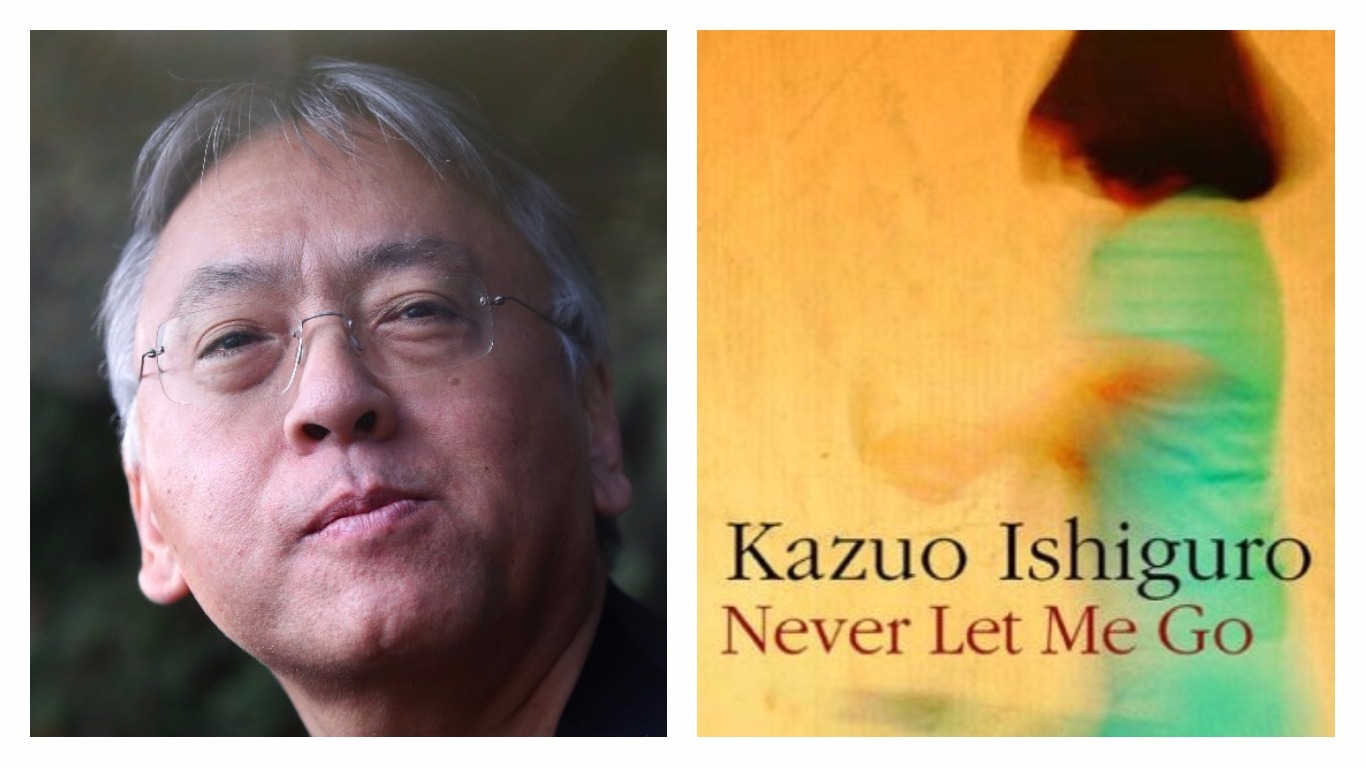Nobel Winner Kazuo Ishiguro’s ‘Never Let Me Go’ Predicted the Gene Editing Debate

Credit to Author: Ben Richmond| Date: Thu, 05 Oct 2017 15:29:03 +0000
Kazuo Ishiguro is a Silicon Valley skeptic, a science fiction writer who publicly pissed off Ursula Le Guin and, as of this morning, a winner of the Nobel Prize in Literature.
In a news release announcing the decision, the Swedish Academy praised Ishiguro’s “novels of great emotional force,” which have “uncovered the abyss beneath our illusory sense of connection with the world.” In his 2005 novel Never Let Me Go, Ishiguro examined how science, specifically genetic engineering, could shake the foundations of our society, asking how the world will look when we are no longer born as equals.
To my mind, Ishiguro is a master of the reveal, so if you haven’t heard anything about Never Let Me Go, or the 2011 film based on Ishiguro’s book, you have my permission to go get it, read it in its entirety, and finish this article later. On to the spoiling.
Read More: We Risk Programming Inequality into Our DNA
Never Let Me Go is like Blade Runner set in the British boarding school that’s the furthest from Hogwarts imaginable. Instead of discovering that they’re secretly better than all the Muggles around them, the students don’t even breach the status of “people.” They’re clones who exist only to donate their organs—unto death—to an “original” they’ll never meet. This is their whole purpose and they’re never told otherwise, which is how, even though the story is told in the first person, the reveal to the reader is slow and sort of detached, considering the stakes.
Like the characters in Brave New World‘s tiered society , the narrator never knew life to be otherwise; she never had reason to believe it should be. When you see Ishiguro compared to Kafka, I think this is what is meant: the bureaucratic fact of it all, the “it has always been so” almost papers over the devastation.
Never Let Me Go touches on a debate that’s playing out in real life right now. Thanks to advances in gene editing technology like CRISPR, parents could, in the very near future, have the choice to “edit” out undesirable traits in their children’s genome. Given how the benefits of medicine we have are unevenly distributed now, it’s not a huge leap to imagine the rich getting richer, even if the idea of growing entire people only to harvest their organs seems far off.
Speaking with The Guardian in 2016, Ishiguro expressed discomfort at how these innovations, in the hands of “the Silicon Valley masters of the universe,” are happening outside of public institutions and away from the public eye, but with implications for everyone.
“When you get to the point where you can say that person is actually intellectually or physically superior to another person because you have removed certain possibilities for that person getting ill… or because they’re enhanced in other ways, that has enormous implications for very basic values that we have,” he said.
Ishiguro’s foray into science fiction does what the genre does best: It uncovers the implications beneath the advancement and asks contemporary society the human question.
Get six of our favorite Motherboard stories every day by signing up for our newsletter.
https://motherboard.vice.com/en_us/rss